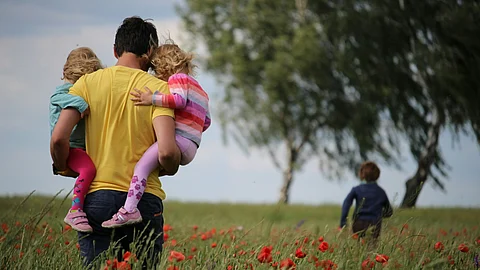Parents go the extra mile to give their children the best life they can — from healthy home-cooked meals and the best schooling for quality education to safe toys and joyful birthday parties. They try to fulfil every little wish. They work hard each day, making sure their kids feel loved, safe, and cared for in every possible way. Every desire is granted, and every comfort is thoughtfully selected.
However, immunization — in simple terms, ‘vaccination’ — is one of the most effective presents a parent can give that isn't wrapped in ribbons.
Newborns have underdeveloped immune systems that mature over time. At birth, antibodies are passed from the mother through the placenta to the child. The life-giver, later through her breast milk rich in IgA antibodies, provides protection that is ephemeral. The adaptive immune system starts developing after we step into the world. We are exposed to microbes, either through natural infections or vaccinations.
What else makes a difference is nutrition, genetics, gut health, and environmental exposure supporting a child’s immune system.
Vaccines are biological products that help the immune system make memory cells, and there is no associated risk of severe illness. Although by the age of 5 years, most children have a much more mature immune system, immunization still remains essential and is an ongoing necessity to complete and strengthen their immune defenses.
Vaccines are tiny lifesavers — they are not just little bottles of medication.
MedBound Times connected with Dr. Jalil S. Mujawar, Senior Neonatologist and Pediatrician, Dr. Syeda Samreen, PharmD, India's First Adult Vaccination Adviser, and Dr. Meghana, PharmD, Adult Vaccination Advisor, for their expertise on vaccination for children.


